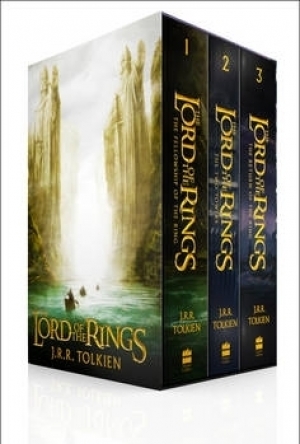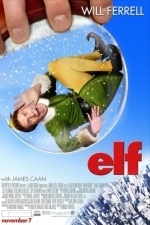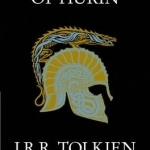Paige (428 KP) rated The Lord of the Rings in Books
Jul 29, 2017
I know that Tolkien was a linguist, and even made up a usable language for the elves, so it rather baffles me that the writing seems so flat. I can only conjecture that it is matter of perfecting language rather than using it as a tool for evoking something in the reader. I am guessing it is just a difference of preferences.
Sarah (82 KP) rated Elf (2003) in Movies
Mar 12, 2019
The story follows a human who as a baby crawls into Santa's sack and ends up at the North Pole. He (Buddy) grows up with the elves but struggles with the elf jobs due to his size.
Buddy goes on a mission to find his Dad, who doesn't believe this strange man to be his son. Everyone falls in love with Buddy except his Dad, who struggles to accept him or believe his story of the North Pole and Santa, that's until Christmas Eve arrives and Santa is in trouble. Cue Buddy's new found friends to save Christmas.
A full on feel good festive movie, that will become a firm favourite in any household.
Mark @ Carstairs Considers (2482 KP) rated Everblaze (Keeper of the Lost Cities, #3) in Books
Mar 9, 2018
This is the longest book in the series to date and also the strongest. The characters continue to grow here, and the development in this book is awesome. The plot is strong from start to finish, and I couldn’t turn pages fast enough to find out what would happen next. Now, I just have to wait for the next book in the series.
Read my full review at <a href="http://carstairsconsiders.blogspot.com/2014/12/book-review-everblaze-by-shannon.html">Carstairs Considers</a>.
David McK (3705 KP) rated Dawnthief (Chronicles of the Raven, #1) in Books
Jan 30, 2019
The Raven of the sub-title ('Chronicles of the Raven', remember!) are a group of mercenaries who, at the beginning of the novel, have lived and fought together for years. At the end of one contract, they are hired by a former enemy, before events start overtaking them and they find themselves as amongst the last hope for their land, which is descending into war ...
I found this to be an OK read: not the best of such-like books I've ever read; nor the worst.

The Indisputable Existence of Santa Claus: The Mathematics of Christmas
Hannah Fry and Thomas Oleron Evans
Book
How do you apply game theory to select who should be on your Christmas shopping list? Can you...
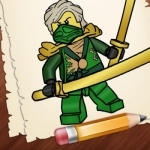
Learn How to Draw Lego Ninjago Edition
Lifestyle and Games
App
Lego Ninjago - here is a great drawing app for you! No matter how old you are, this drawing Lego...
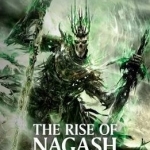
The Rise of Nagash
Book
In the fantasy world of Warhammer, magic suffuses the land to such an extent that even the dead can...
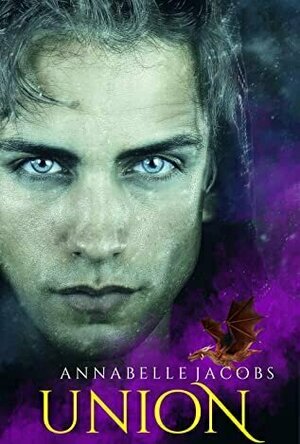
Union (Torsere #2)
Book
Can magic save them before it’s too late…. After the defeat of the Lowland Army, King Seran...
MM Fantasy Romance Dragons
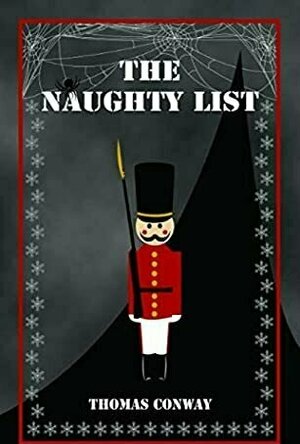
The Naughty List
Book
A modern take on our favorite Christmas traditions, The Naughty List will take you on a worldwide...
Christmas Santa Claus
Phil Leader (619 KP) rated The Children of Hurin in Books
Nov 11, 2019
Set in Beleriand at a time when Morgoth ruled over the land from his fortress of Angband, this is a tragedy on the scale of Hamlet. Principally telling the tale of Túrun son of Húrin it follows his life as he becomes the leader of an outlaw band leading the fight back against Morgoth, the elves and dwarves having essentially retreated to their core lands and given up. His actions motivate the races into action and give hope that Morgoth can be defeated.
But this comes at a cost. Túrin is cursed and doomed to ultimate failure. The last third of the book is pretty grim as everything he has worked for and everything he holds dear is destroyed by his own actions, taken in good faith at the time. There can be no happy ending.
The tone, therefore, is a shade darker than the darkest passages of The Lord of the Rings. Tolkien's deep knowledge of his invented folklore is still to the fore and it is good to see how the world of elves looked in its prime rather than the faded and jaded view we get in the tales of the War of the Ring. It is not an easy read by any means, but it is a worthwhile one for anyone who wants to know more about the tales of Beleriand.
